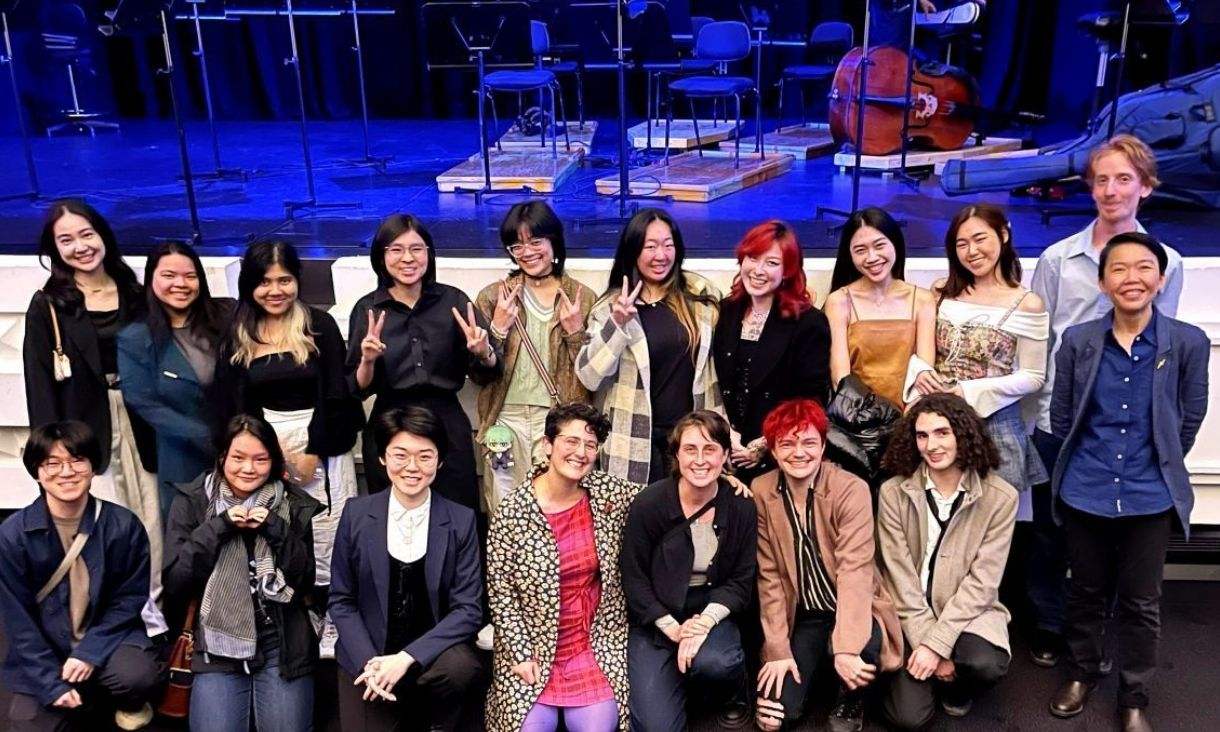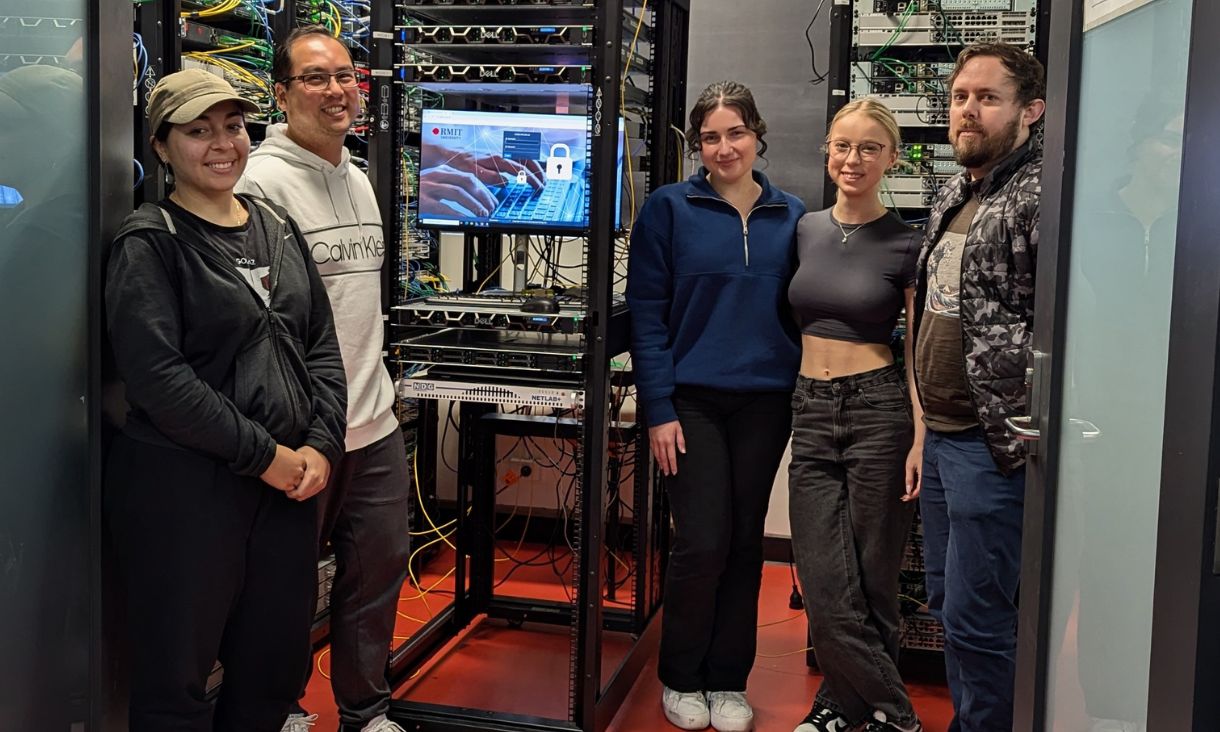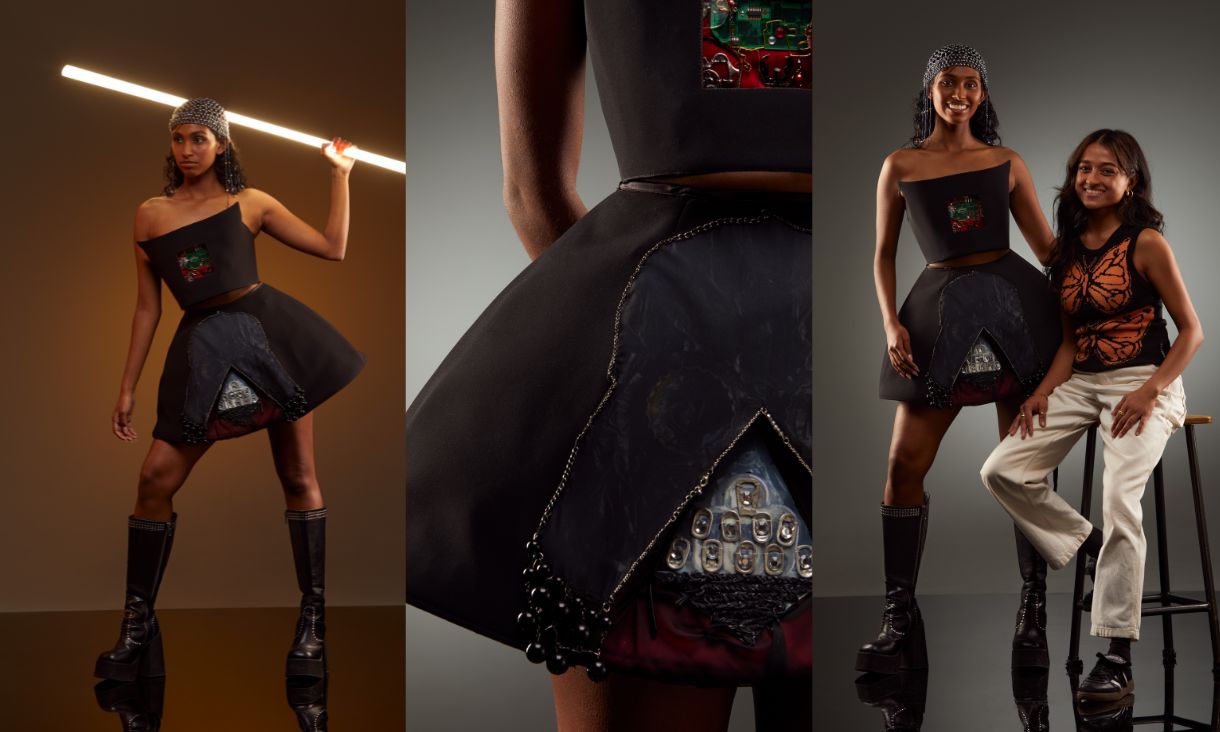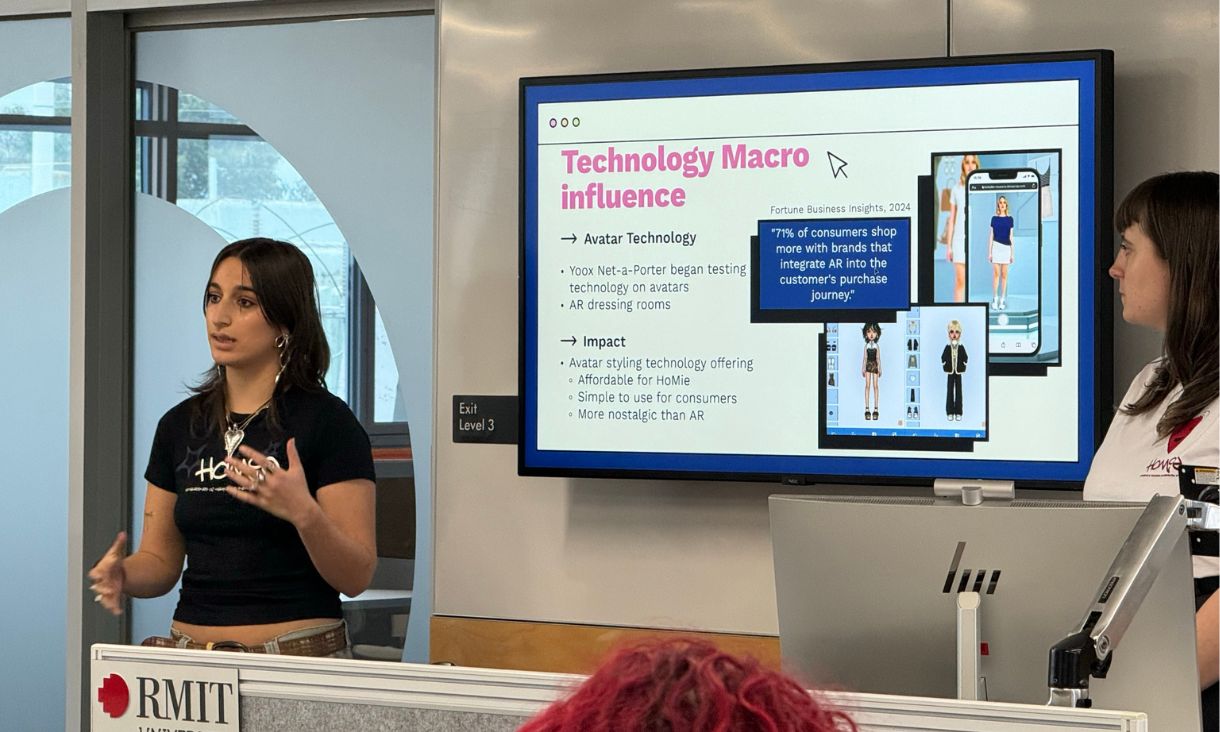And this need to be virtually mobile in the business world extends across higher education according to RMIT's Director of Global Entities & Experiences Gerard Shanahan.
Shanahan said students, universities and industry all recognise that global experiences are incredibly rewarding, enriching and formative but also that it's not always possible to create these experiences in a physical way for all students.
"There are many factors which mitigate against a mobility-based global experience becoming the norm for all students.
"But RMIT is committed to ensuring that global experiences are accessible to all students, which means that we proactively create, source and make available creative and innovative opportunities for engagement – whatever the student’s personal situation and wherever they are," he said.
He gave the example of the global experiences for RMIT students generated by RMIT Europe, the University's European hub in Barcelona.
"It has seen RMIT Australia students from across the disciplines of business; civil engineering; architecture and design; and construction and project management solve business challenges for European industry using an online action-based learning tool.
"These students worked with big names in Europe tackling real industry challenges – all from their learning spaces at RMIT Australia in Melbourne," he said.
Shanahan said that while RMIT Europe also delivers and hosts more traditional models of global experiences such as study tours and summer schools, opportunities like this make gaining a global learning experience more accessible.
And this approach to virtual mobility is one taken across RMIT campuses globally.
RMIT Vietnam Director International Jogvan Klein said that enabling global experience opportunities for students at the University’s Vietnam campus is a key priority across all of its disciplines.
"We recently saw our students in Ho Chi Minh City engage with students from the Amsterdam University of Applied Science – all through Facebook and Skype.
"As part of their marketing assignment, the students needed to learn as much as they could about their peers in Holland and then based on the consumer profiles they had built up, present a product they thought would improve the lives of their Dutch peers.
"It's a great example of building skills in intercultural communication as well as the opportunity for a global experience at home," he said.
And is this a trend that we're seeing across higher education globally?
Shanahan said that shifting views about global and how global works is an important part to understanding global experiences in today’s world.
"Global is not out there; global starts here and extends physically and virtually in multiple ways as we explore and engage with the global community.
"For example, over 300 RMIT students with background across more than 40 countries recently applied for one of 100 places as part of a Common Purpose Global Leader Experience program held at RMIT Australia in Melbourne.
"This is a globally-delivered, industry connected learning experience that takes participants out of their comfort zones to develop the skills and networks needed to work across boundaries and become global leaders.
"RMIT's connection with Common Purpose, a British-based international leadership development organisation, is a great example of the way we actively seek partners who can work with us to expand our range of global experiences for students in creative ways.”
Both Shanahan and Klein recently presented at the RMIT Global Experience workshop hosted at RMIT Europe – an event attended by RMIT student exchange university partners from countries including Mexico, Canada and the Netherlands.
Story: Karen Matthews




